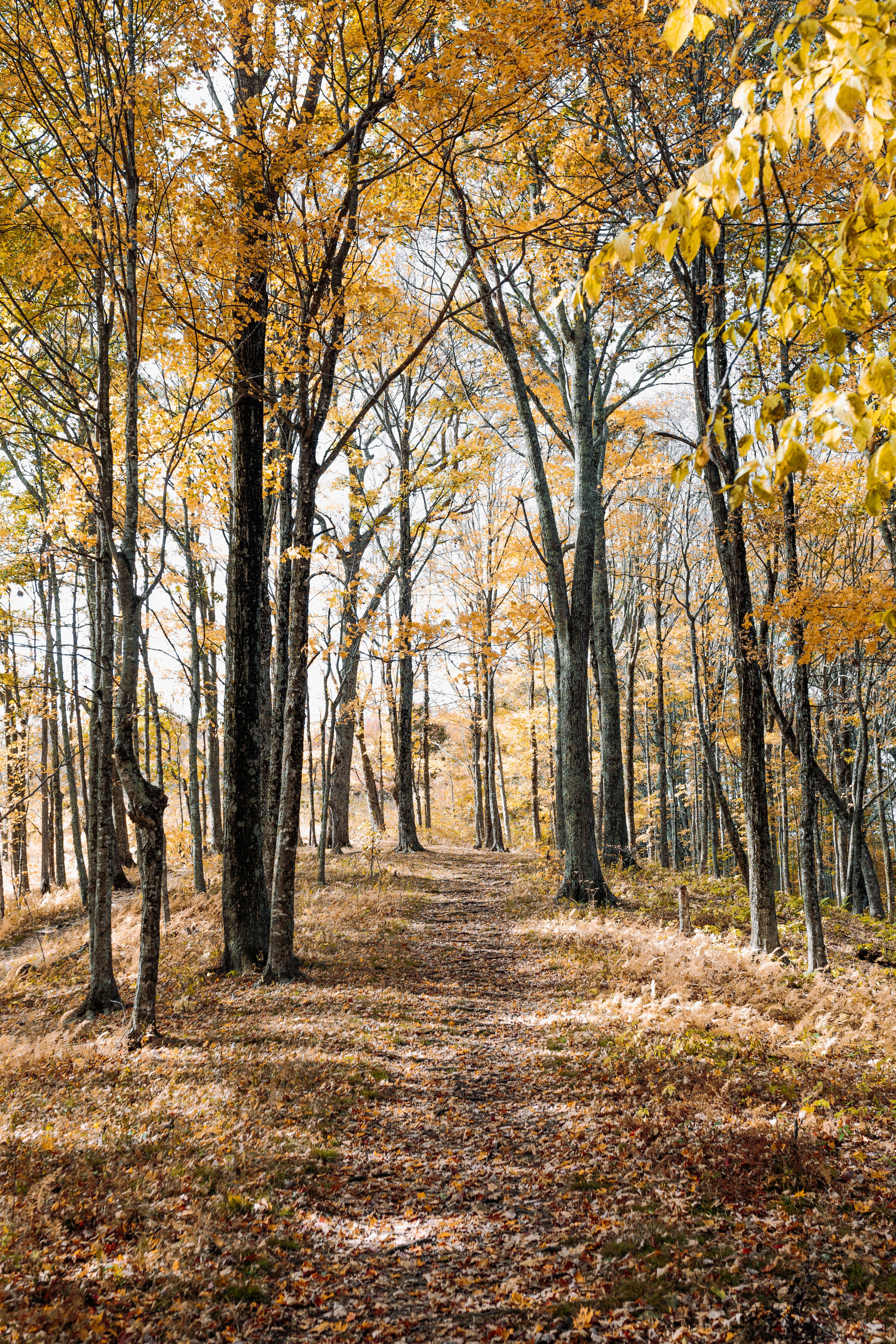Affiliated Project - This projects is supported by the Canada subsidiary of L'OCCITANE en Provence.
Context
The 2017 and 2021 fires in Canada in British Columbia destroyed thousands of hectares of forest land. Due to the inaccessible and difficult terrain, tree planting is very complex and expensive, but is essential for the biodiversity of the region, and could open more than 1000,000 hectares of additional planting projects. Planting trees on these sites will increase carbon sequestration for the benefit of humanity. This project will restore the forest for the benefit of local flora and fauna and local residents, including indigenous communities. They will all benefit from reforestation by taking advantage of restored ecosystems and landscapes, improved air and water quality, rebuilt livelihoods, restored food sources, training and education. education, and community well-being.
Supported Project
In 2023-2024, the Canadian subsidiary of L'OCCITANE en Provence is supporting One Tree Planted's post-fire planting project, which plans to plant 60,200 trees by drone seeding to restore 43 hectares of badly burned landscape. This approach allows for denser planting, more opportunities for scaling up and less cost for land preparation. It also allows better access to difficult terrain and reduces safety issues associated with reforestation after fires. This project will contribute to the transition of low-skilled and low-income workers to a more skilled local workforce through learning about mechatronics, the use of automatic machinery, GIS analysis and management of drones.
Local groups will help collect the cones and extract the seeds. The pods will be prepared with seeds from native trees by the planting partners and four young graduates who will help in their production. They will be transported to the sites and planted by a team of eight engineers and botanists specializing in machine learning, mechatronics, GIS analysis and drone management. They will supervise the reforestation activities by drone. Botanists and field workers will visit the sites twice in the first year to assess germination rates and survival over the summer. Thereafter, the sites will be visited annually to conduct reconnaissance missions that will determine medium and long-term survival rates.
This project will greatly accelerate the process of returning the area to a forest state and restoring the complex ecosystems and habitats that were destroyed by the fires. This will help support the area's biodiversity and native species of flora and fauna. Wildlife in the area includes mule deer, mountain caribou, mountain goat, bighorn sheep, moose, grizzly bear, raptor, heron, snake, toad, owl, woodpecker , wolverine, badger, bat and an assortment of fish including salmon and trout.
Some Figures
Budget 4,033 euros
Result 4,556 planted trees
Result 43 hectares regenerated
